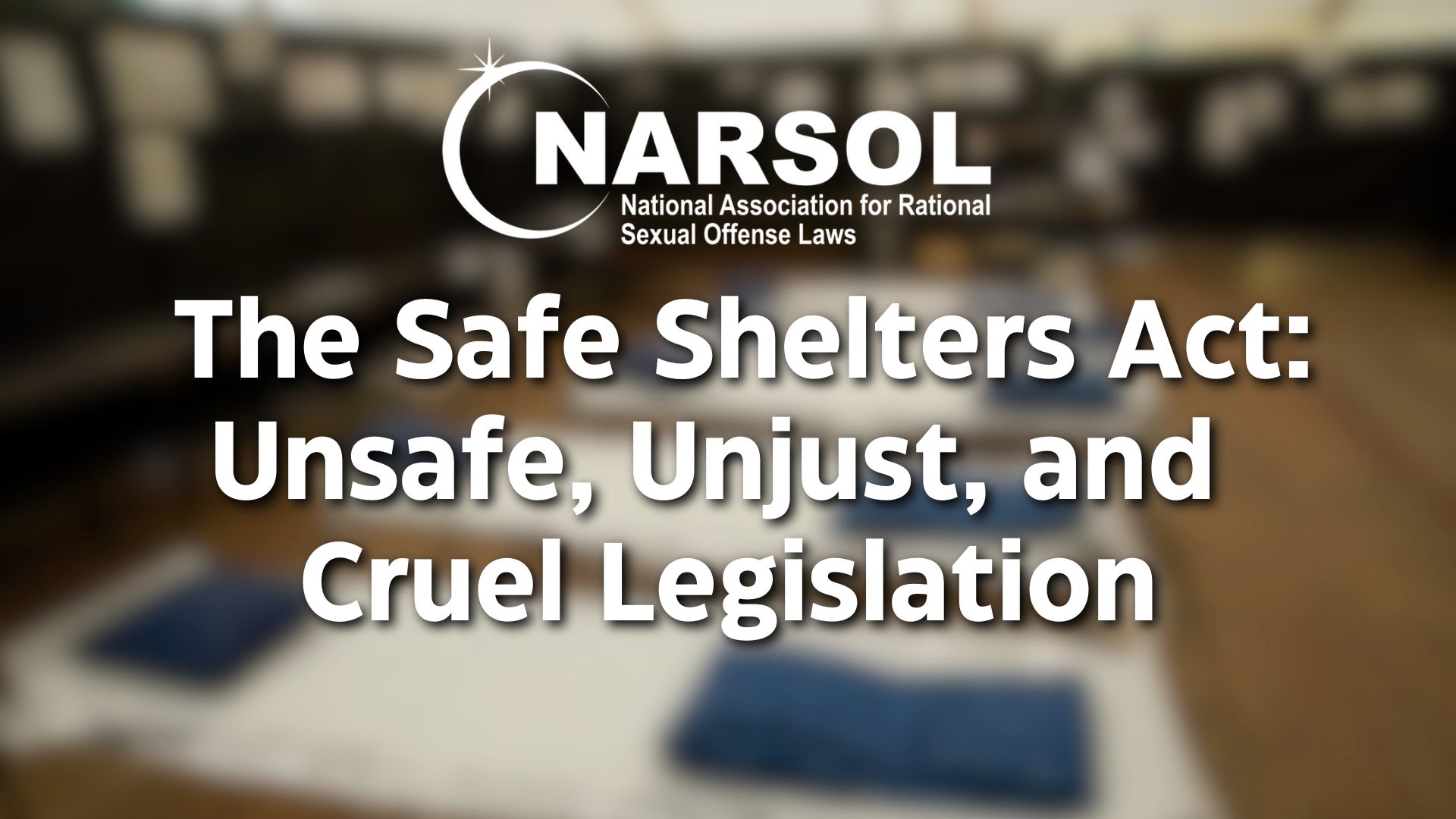Reach in — reach out
By Richard and Sandy . . . If the world is made of individuals and families, are not the world’s problems reflected in us and our families? If we look at the world through the lives of ourselves and our families and reach into our own experiences, can we not find the resolution to the world’s and the communities’ problems?
Our country, and we, are in the midst of unsettled times. Many issues divide our nation and our communities, issues such as racism, economics, criminal justice, social inequities, immigration, imperialism, isolationism, and others. The world is ever-changing, and sometimes safety and stability seem far away.
These factors also affect us here at NARSOL and our advocacy work. Many of us are frightened for our future. We see our national, state and local governments working to limit individual rights. We see a law enforcement and justice system that appears to be heavy handed and to operate without a heart and often without accountability. We see our lives and our families’ lives disrupted, upended, and sometimes destroyed all in the name of seeking justice. Our state contacts, our affiliates, and NARSOL as a national organization are all striving to change this. We are faced with the very difficult task of putting out brush fires in 50 states and the District of Columbia and advancing a strategy that will be effective in accomplishing long term goals – and all with volunteers and little financial support.
In time we will be presented with new opportunities. Are we prepared? Have we put our own houses in order? Are we centered in our own lives before we seek to change others? Creating change is a process, a process that works from the inside out, and if our insides are not sound, what comes out will not be healthy or work for good.
Many advocates are working in areas of cooperation. It is important that we have the openness to reach out to those who differ in their roles and points of views. As advocates, we are leaders in our local groups and should model what we want from others. This is the time to reach out, reinforce old relationships, develop new ones, and figure out what values and goals we share in common and then find avenues by which to seek resolutions to problems that will benefit us all.
This is the time to create plans of action, plans that have the intent of balancing the scales of justice. Our goals should include safe communities with fewer children abused by neglect, violence or sexual abuse; options for a restorative process that brings families and communities to healing; a clear separation between juvenile/statutory and adult offending; the viewing of sexual offending as a health issue rather than a legal one, which will see fewer persons imprisoned, sentences shortened, and options for meaningful treatment, where needed, expanded. Mid-term goals would be a reduction of those on the registry and of the terms of registration with long-term goals being the abolishment of all shaming registries and the emergence of research and science as the touchstone for all legislation.
Scriptures and literature are full of encouragement and hope. Many have strived to find words that will encourage and enlighten. The words of the “Serenity Prayer,” originally written in 1932-33 by American theologian Reingold Niebuhr, seem especially appropriate: “Give us courage to change what must be altered, serenity to accept what cannot be helped, and the insight to know the one from the other.”
His choice of words “must be altered” are especially significant. “Must” is an imperative; it leaves no choice but to take action. If during our lives we are to acknowledge one significant change within, it should be a more strident, urgent, inner desire to make change in our world.
The changes we each first must make is to forgive ourselves for our failings, forgive those who have harmed us in our pasts, acknowledge the pain and harm we caused, and accept that we are worthy of love, even with our flaws. Then we are ready to begin the journey to live in the world differently and to create a new future.
The need to alter our current system is clear. The question remains: Do we have the courage and insight — and are we ready inside — to make a difference outside?


